-
Welcome to Tacoma World!
You are currently viewing as a guest! To get full-access, you need to register for a FREE account.
As a registered member, you’ll be able to:- Participate in all Tacoma discussion topics
- Communicate privately with other Tacoma owners from around the world
- Post your own photos in our Members Gallery
- Access all special features of the site
AC System Recharge Info and Opinion?
Discussion in '1st Gen. Tacomas (1995-2004)' started by goldentaco03, Jul 12, 2019.


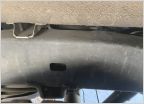 Anyone install rear air bags?
Anyone install rear air bags?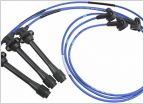 P0302 or P0136 Advice
P0302 or P0136 Advice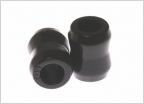 Rear Shock Bushing Replacement
Rear Shock Bushing Replacement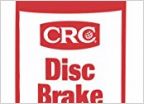 Front right brake squeal 2003 Prerunner
Front right brake squeal 2003 Prerunner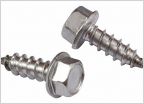 Replacement Wheel Well Screws on 1st Gen
Replacement Wheel Well Screws on 1st Gen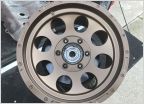 Which lug nuts?
Which lug nuts?









































































